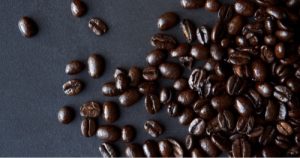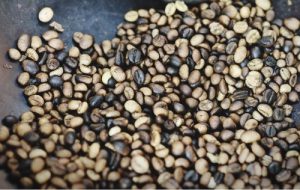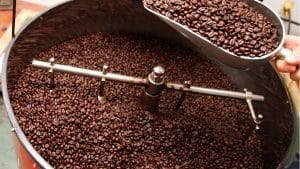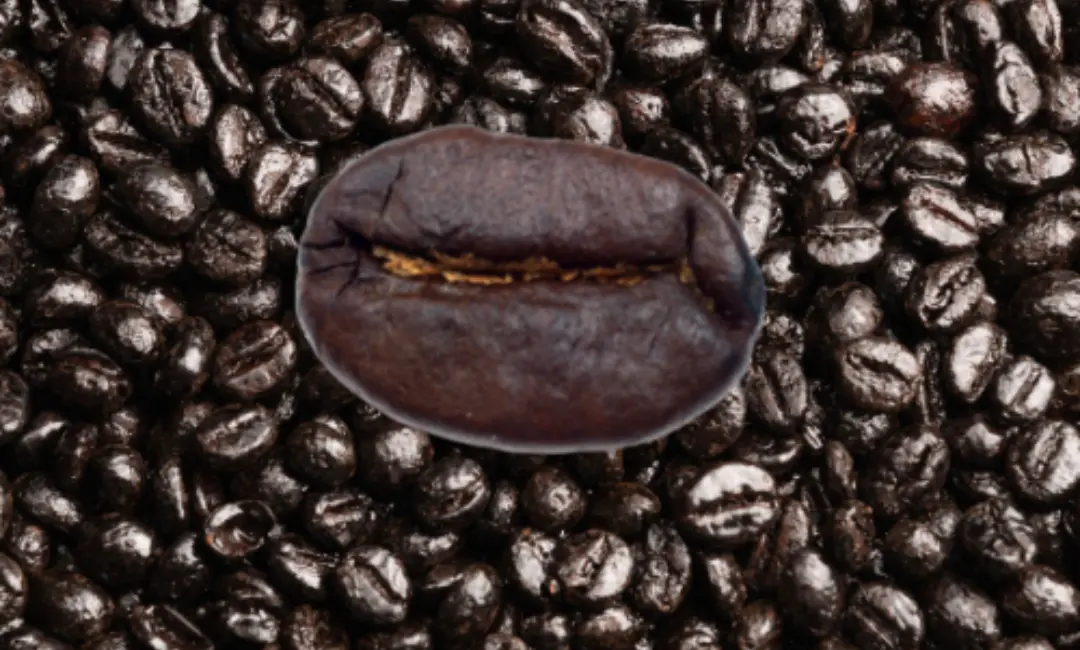Deconstructing the myth of strong coffee

Why do people think that coffee has to be very roasted to be good? After all, what would a strong coffee be? In this case the word strong indicates intensity, which means the roasting process.
Let’s understand what the roasting process is:
1- At the beginning of roasting, the grain is green and becomes yellow with the loss of water by evaporation. Releases a delicate grassy aroma.
2- Steam – The grains continue to lose water in the form of steam, losing moisture.
3- First Crack – it’s the noise you hear like popcorn popping. At this stage, the actual roasting begins. Starts the caramelization and movement of the oils present in the grains.
4 – City Roast – is the first point of the roast, right after the first crack, which we can consider complete.
5 – City+Roast – This is a roasting point considered the limit for quality coffees (Specialty coffees). Caramelization continues, the grain expands and becomes dark. At this point it starts to approach the second crack, and it’s called Full City Roast.
6- Second Crack or Vienna Roast – In this phase you hear a series of pops but more subtle. The oils go to the surface of the grains. The flavors change when suffering the interference of the carbonization of the sugars.
7- Beginning of carbonization – French Roast- At this point the color becomes very dark and a smoky odor is released by the complete burning of the sugars. The oils break through the outer grain barrier reaching the end of the second crack.
8- Complete carbonization- At this point the sugars are completely carbonized. Oils well up on the surface of the grain, resulting in a drink with no body and a bitter taste.
Who invented this Myth?

We don’t know exactly how this tradition with extreme roasts started. But research shows that it was to hide the low quality of grains consumed. Today, extreme roasting is used in the large roasting industry, being a resource to guarantee the homogeneity and standard for the coffee. Also to mask the defects of low quality coffee or other illegal cereals.
For Specialty Coffees, the ideal roasting point is at First Crack. Never before or after the Second Crack. It only takes a difference of 1c to change the sensory characteristics in the cup. At the right point of roasting, we identify the quality, flavor, aromas, body, acidity and natural sweetness of the beans.
When we opt for extreme roasting, it is not possible to distinguish a good coffee from a low quality coffee with many impurities. It will be charred.
Conclusion:

In a Strong or Extra Strong coffee, all the attributes of its quality are lost.
Being a drink very rich in flavors and aromas, naturally sweet with a light acidity, coffee is also very healthy when roasted in the ideal measure.
Strong Coffee = risk to health. A lot of people add sugar to coffee because they can’t stand the bitter taste caused by strong roasting. Those who drink coffee without sugar feel the difference in quality. Consumers need to be aware of what they are buying, because their health is at stake!
Now that you understand how to drink your coffee, how about buying a coffee with an ideal roast ?



